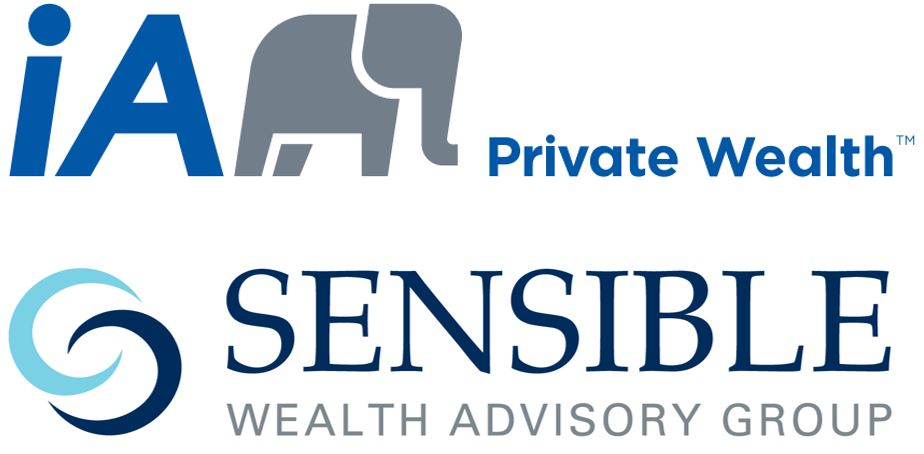How to Discern Between and Choose an Advisor
Discerning between and selecting an advisor can be mystifying for many. We hope this post will shed a little light and help you move toward making an informed and profitable decision.
We believe in client education, transparency and open dialogue. We often educate our clients on matters related to investing, insurance, taxation, retirement planning and more. However, let’s first take a step back to consider what constitutes a Financial Advisor, or should I say Financial Planner, Wealth Advisor, Financial Security Advisor, Financial Consultant, Investment Advisor, Senior Investment Advisor, Retirement Income Specialist, Investment Specialist… and the list goes on. Before we get into understanding the make-up of an advisor, a quick comment on “titles”. Just how important are they? Here are two advisors with different titles:
Advisor A – “First Vice President, Investment Advisor”
OR
Advisor B – “Investment Advisor”
Who is more qualified? Or who do you believe is the “better” advisor? I suspect the majority would have chosen Advisor A, which would seem like a reasonable guess. However, what if I told you, both advisors have the same academic background, industry designations, experience and both share the same registration and regulatory oversight. So why the difference in title – production. Advisor A has a larger practice and generates more revenue thereby is recognized with a “bigger” title. The first lesson in deciphering titles is to not put too much weight on them. Titles don’t necessarily say what you think they might be. In fact, Advisor B, may very well be the “better” advisor as he has kept his practice smaller to provide more personalized service and advice.
It is important to assess your advisor, or prospective advisor, on a few levels. I’ll point out up front this is part art and part science. Here are some questions to ask your prospective or current advisor which will help you consider and make an informed decision:
• What industry license(s) do you hold and what products are you licensed to sell? For example, a MFDA advisor is only licensed to sell mutual funds, whereas an IIROC advisor is licensed to advise on a much broader range of securities. A life insurance licensed only advisor is licensed to only represent insurance products. Many advisors hold more than one license. An advisor will either be limited or well equipped to advise you depending on their licensing.
• What professional designations do you hold? These designations matter more than titles because they demonstrate proficiency and commitment to higher standards than basic regulatory licensing requirements. To learn more about what various designations and certificates mean, and what it takes to earn them, visit:
http://www.iiroc.ca/investors/UnderstandFinCert/Pages/default.aspx
• What is your background and experience? This is very important, as this question will provide a balancing aspect to the prior question. Academic qualification in the absence of work ethic, integrity and practical experience is not enough.
• How do you get paid? You need to understand this clearly and it ought to be transparent. What’s more, not only should you understand how you are paying your advisor, but you should understand what you are paying them for.
The following questions will allow the advisor to demonstrate and describe their convictions and firmly held beliefs as it relates to investing, client service and industry standards.
• What is your investment philosophy?
• What is your due diligence process when researching investment solutions?
• What is your on-going review process?
• How, and how often, will you communicate with me?
• What is the difference between a suitability and fiduciary standard?
The answers you receive (or don’t) to these questions will help you discern what type of advisor you are speaking with.
There isn’t one single question, or designation, that if asked or if present will on its own verify you have an advisor that is qualified and capable of advising you well. It is part art and science. You must weigh the quantifiable with the qualifiable and take the time to get it right.
Finally, you need to trust your advisor. You need to consider the credibility of the answers they’ve provided, and listen to your better judgment. Don’t compromise or settle – it’s not worth it. While much more could be said on this topic, I trust these questions and considerations will help you on your path to finding and establishing a successful advice relationship.
I’d be happy to answer any of these questions and more if you have them – anytime.
Sincerely,
Adrian Van Hooydonk, CIM®, FCSI®
Investment Advisor
HollisWealth®, a division of Industrial Alliance Securities Inc.
Insurance Advisor
Hollis Insurance Inc.
